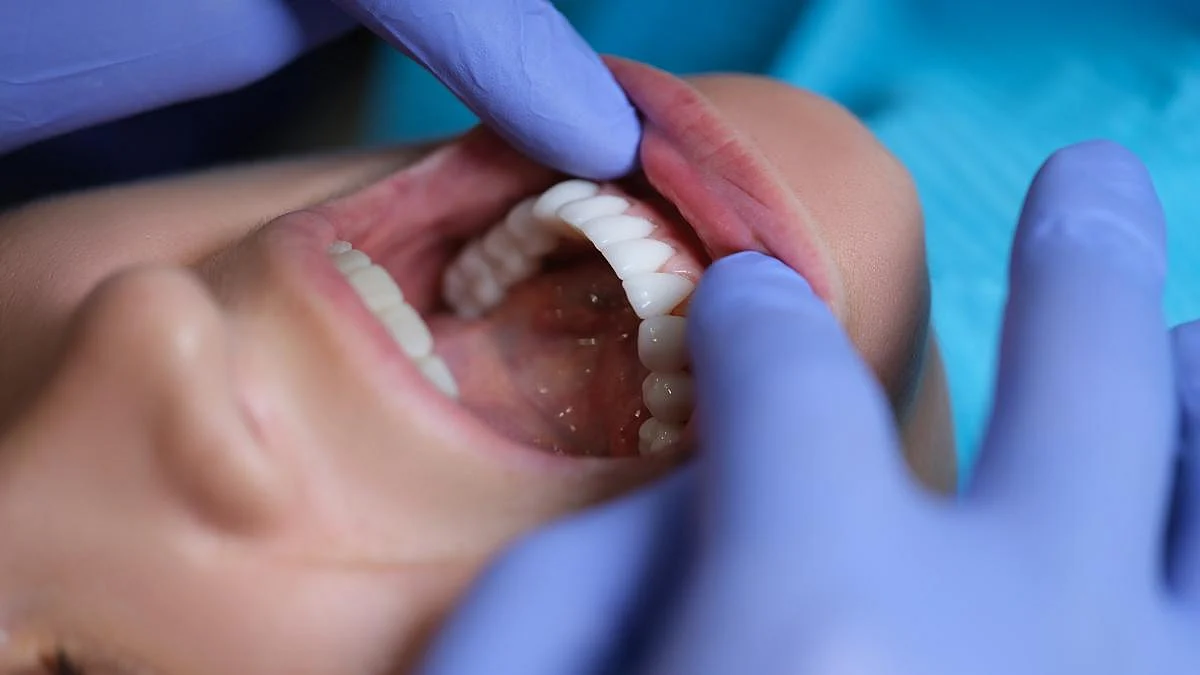
Two-thirds of nieces and nephews caring for an aging relative with dementia never expected to wind up with that responsibility, a recent small-scale study says. These caregivers say they either gradually fell into the role, or had it forced upon them by family circumstances, according to findings published recently in the journal The Gerontologist. “That… read on > read on >






























